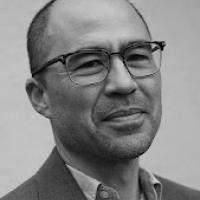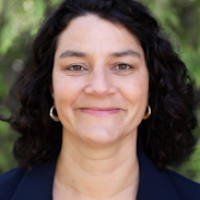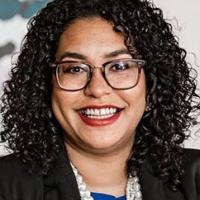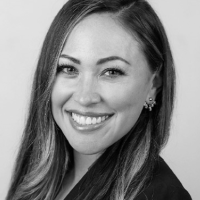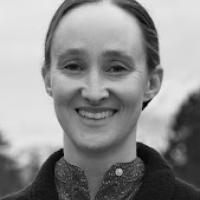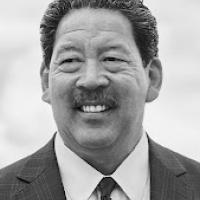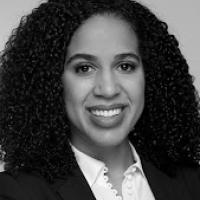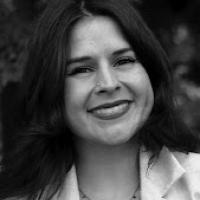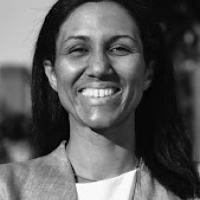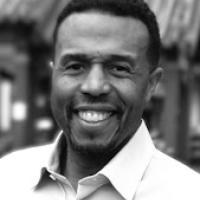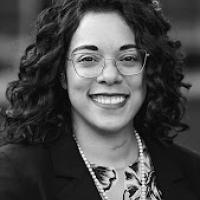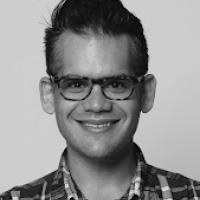Eddie Lin, a lawyer for the City of Seattle who works primarily representing the Office of Housing, is running for Seattle City Council, District 2. Previously in his legal career, Lin worked for a national law firm, a U.S. District Court judge, and the Washington Education Association. He was raised by Taiwanese immigrants in the American South, witnessing firsthand how racist practices infiltrate governance.
In this race, Lin has drawn attention to the history of redlining, resource neglect, and employment discrimination in Seattle’s District 2. He supports a housing strategy that embraces density, incorporating market-rate construction alongside affordable and social housing to accommodate population growth, including from political and climate refugees. Unfortunately, Lin was a supporter of February’s Proposition 1B, a watered-down alternative to Proposition 1A, which ultimately passed to fund social housing in Seattle. In our interview with Lin, he also mentioned supporting diversion programs to keep people out of overcrowded prisons, implementing a gun violence prevention policy, expanding the police force with an eye toward diversity, and increasing pathways to homeownership.
We recommend Eddie Lin for Seattle City Council, District 2, due to his experience in housing policy, particularly addressing affordability and density.
Eddie Lin, a lawyer for the City of Seattle who works primarily representing the Office of Housing, is running for Seattle City Council, District 2. Previously in his legal career, Lin worked for a national law firm, a U.S. District Court judge, and the Washington Education Association. He was raised by Taiwanese immigrants in the American South, witnessing firsthand how racist practices infiltrate governance.
In this race, Lin has drawn attention to the history of redlining, resource neglect, and employment discrimination in Seattle’s District 2. He supports a housing strategy that embraces density, incorporating market-rate construction alongside affordable and social housing to accommodate population growth, including from political and climate refugees. Unfortunately, Lin was a supporter of February’s Proposition 1B, a watered-down alternative to Proposition 1A, which ultimately passed to fund social housing in Seattle. In our interview with Lin, he also mentioned supporting diversion programs to keep people out of overcrowded prisons, implementing a gun violence prevention policy, expanding the police force with an eye toward diversity, and increasing pathways to homeownership.
We recommend Eddie Lin for Seattle City Council, District 2, due to his experience in housing policy, particularly addressing affordability and density.
